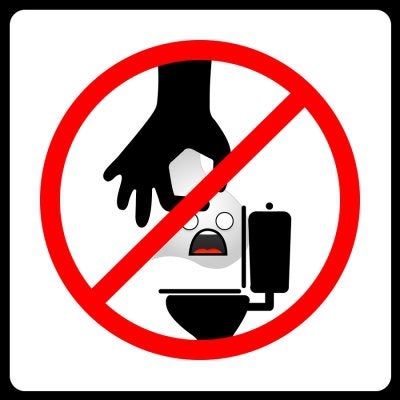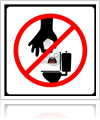Frantically calling your plumber in Jacksonville for an emergency water heater repair is probably not how you would like to spend the down time you are left with after work, and the only way to avoid this is to practice preventative maintenance. This includes the proper use of your appliances and fixtures and appropriate care and attention whenever you perform a repair. Continue reading if you would like a few tips for preventing a home plumbing emergency.
 Use Your Appliances Properly
Use Your Appliances Properly
If you would like your household appliances and fixtures to continue to work properly and efficiently, it is important to treat them well. Refrain from hanging heavy shower caddies on your showerheads and faucets, and never attempt to force your faucet handles if the fixture leaks. Many homes and families run into problems regarding the use of their toilets and sinks; these drains are only designed to handle certain materials, so it is important to educate yourself about what should and should not go down the drain. Refrain from attempting to flush paper towels, diapers, and feminine products down the toilet; only waste and toilet paper should make their way down that drain. Never dump grease, oils, fats, or large food products down the kitchen sink or you will eventually experience a clog.
Wanting to ensure that your plumbing components are safe and secure in their places is understandable, but some homeowners tend to be misguided in their efforts. While it is important for your joints to be sealed, you should avoid tightening them too much ; forcefully tightening joints and fittings may damage these components, which can quickly lead to more severe plumbing problems than you had in the first place.
Test for Leaks
Those who are particularly handy or relatively well versed in the plumbing industry may tackle home plumbing projects on their own. Replacing a handle or diagnosing a problem on your own may be fine, but it is crucial that you remember to test for leaks. Check your valve components before walking away from the job to avoid returning to find leaks and water damage.

